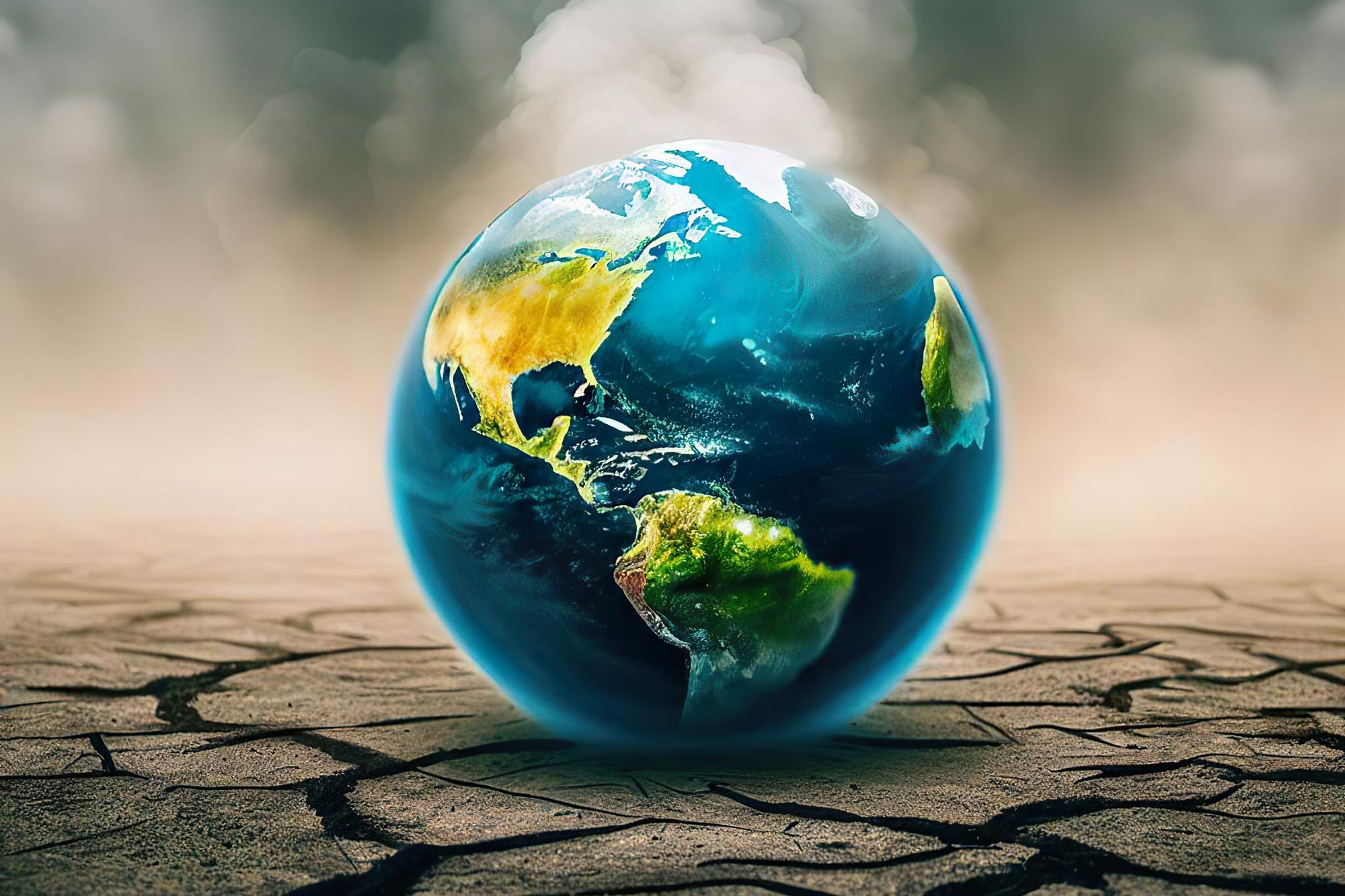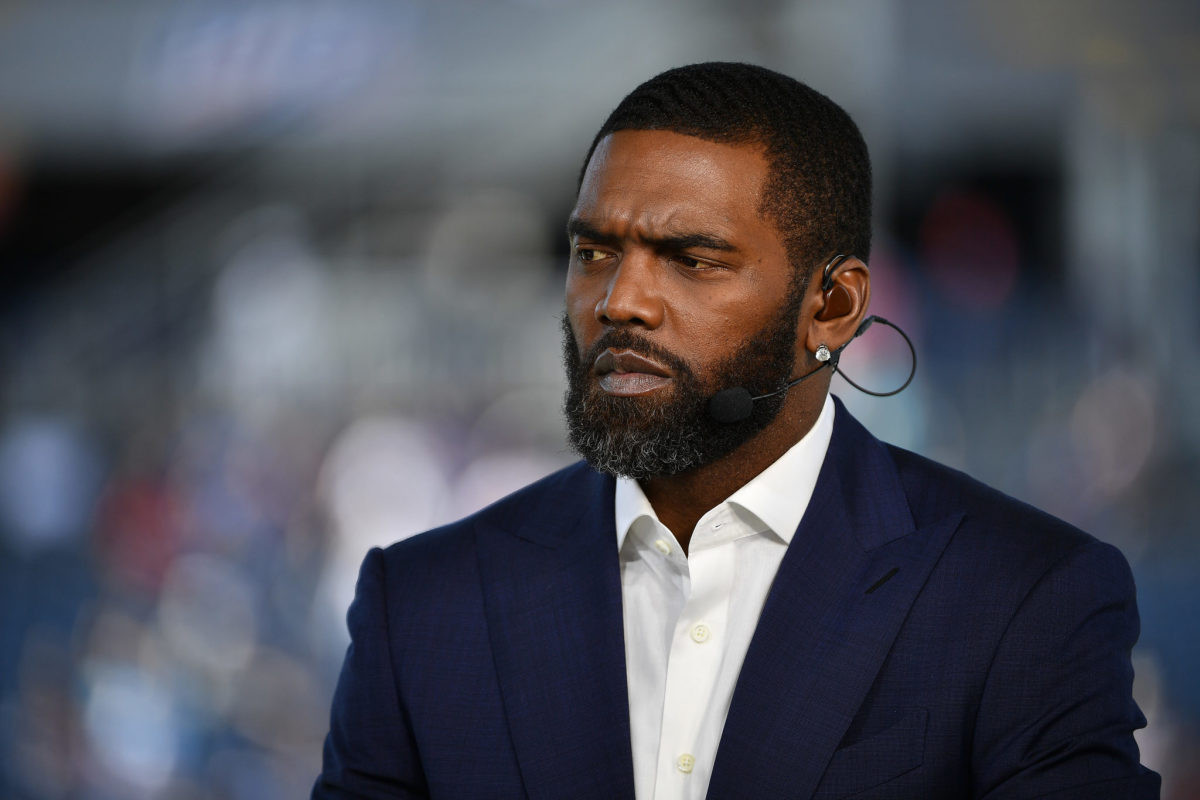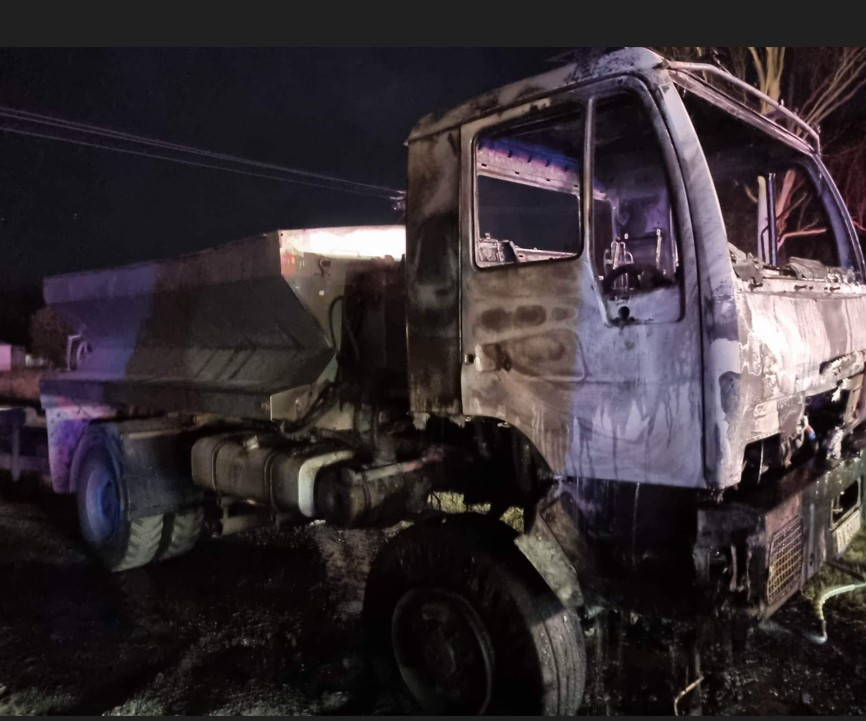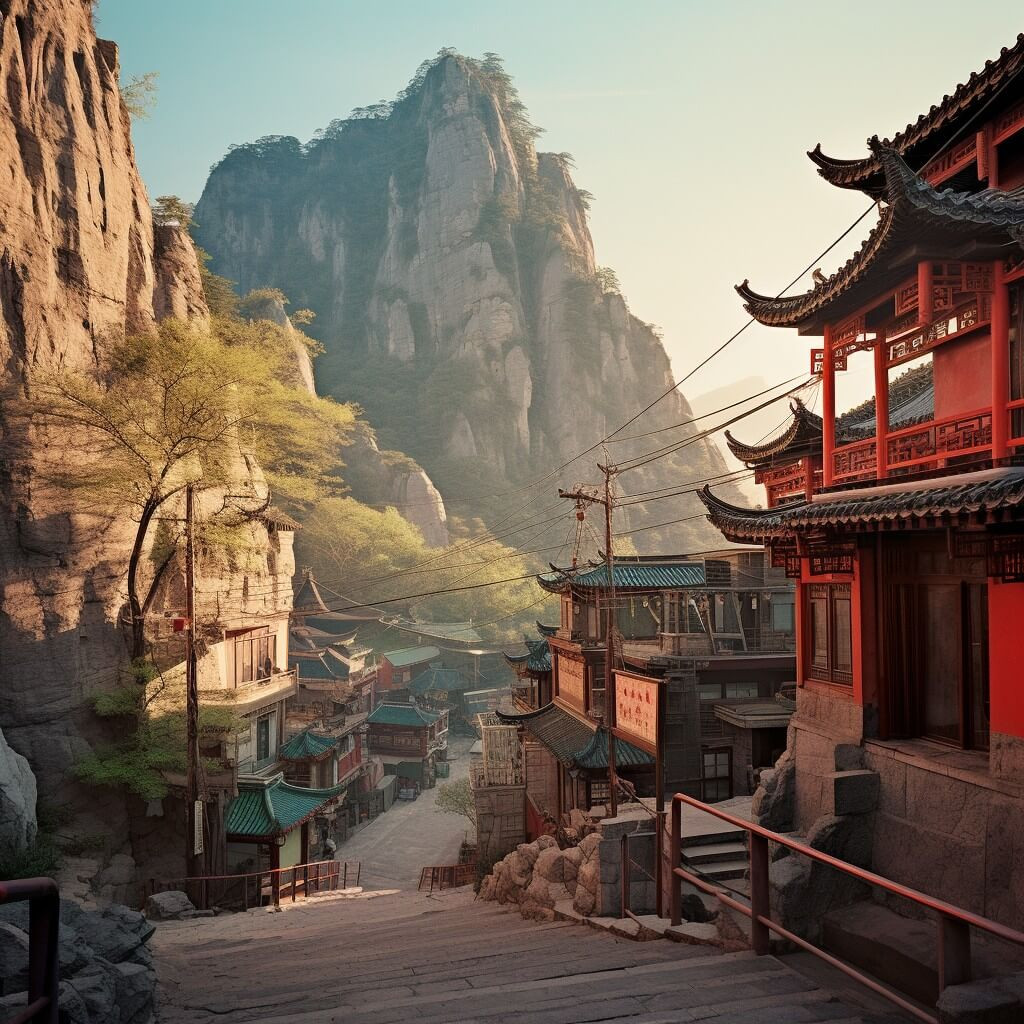Each autumn, the World Press Photo exhibition returns to the Marché Bonsecours, bringing with it large-format photographs capturing the crises of the past year. The event, which opens on Wednesday, triggers a wave of emotions among visitors: we weep at the human misery unfolding before our eyes, we rage at the stupidity and injustice we see, and we are moved by the beauty that sneaks into the cracks of tragedy.
The 128 photographs on display were selected from over 61,000 images submitted by 3,851 photographers from 130 countries. One image by Charles-Frédérick Ouellet, a contributor to Le Devoir, is among the award-winning works. The photograph, published in the Toronto daily The Globe and Mail, shows a firefighter mobilized against forest fires in northern Quebec, taken in the summer of 2023.
A series of projects document stories over several years, allowing for a deep dive into complex social phenomena. Tunisian photographer Zied Ben Romdhane tells the story of the disillusionment that has gripped the youth of his native country since the "Arab Spring" of 2011.
This revolutionary season, which ignited the Arab world, began in Tunisia: Mohamed Bouazizi, a fruit vendor, had set himself on fire to protest the corrupt government, endemic unemployment, and lack of freedom. Ten days after the young martyr's death, popular pressure forced President Zine el-Abidine Ben Ali to relinquish power and leave the country.
Thirteen years later, Tunisia remains mired in the same ruts. The ideal of democracy, social justice, and freedom has vanished. Economic inequalities are worsening.
"The pandemic has amplified the economic, social, and political crisis. The cost of living has exploded. There are no jobs. Young people don't see a future for themselves in the country," says Zied Ben Romdhane, reached at his mother's home on the island of Djerba, off the coast of Tunisia.
In a sign of the gloom pervading this Maghreb state, the 43-year-old photographer immigrated to Montreal in 2020. He often returns to his native country to continue documenting the ongoing crisis. His project is called L'évasion.
An impression of profound sadness emanates from Zied Ben Romdhane's black and white images. Smiles are rare in the pictures. Young people find some comfort in brotherhood, in electronic music, or in "soccer." But they look bored to death.
"It's always very nice. Young people go to the beach, it's very lively, but behind the scenes, there's a lot of depression and even suicide," explains the photographer.
Social services are failing. Mental health problems are multiplying. The shores of Tunisia have become a departure point for overloaded boats on their way to the European dream, across the Mediterranean. Tunisians and the desperate from other African countries are crammed onto these makeshift vessels.
Before going into exile, young people and older people cry out their anger in the streets. A wave of protests swept over the capital in 2022. Over 40% of Tunisia's population is between 15 and 34 years old. Unemployment hits hard among this disenfranchised youth—even among graduates.
Zied Ben Romdhane seeks to capture in images this "malaise," this "feeling of loss" that envelops Tunisian society. Image by image, captured over more than a decade, visitors to World Press Photo are immersed in this climate of despondency.
The public has a hundred other photographs—from all over the world—to explore. As you carefully browse the exhibition, you find a glimmer of hope in this cruel world. A mother welcoming her son back from the front, two lovers who met on their long journey to a better world, a rescue operation for monarch butterflies...
The Significance of a Single Image: Charles-Frédérick Ouellet's Award-Winning Work
While the World Press Photo exhibition in Montreal features a poignant collection of images that reflect the state of the world, one photograph stands out as a powerful symbol of the fight against climate change. The image, titled “Une journée dans la vie d’une équipe de pompiers au Québec,” by Charles-Frédérick Ouellet, was captured during the summer of 2023 amidst the devastating wildfires that ravaged Quebec’s forests.
The photo captures a firefighter, Théo Dagnaud, perched on a rock, surveying the scorched landscape. His weary gaze, coupled with the backdrop of burnt trees and smoke, evokes a sense of both resilience and exhaustion, reflecting the immense challenges faced by firefighters battling these ever-increasing wildfires.
The photograph resonated deeply with the World Press Photo jury, who recognized its power to convey a complex situation through a single image. The jury praised the photograph's visual impact and its ability to capture the physical and emotional toll of the wildfires on both the firefighters and the land.
"I believe the jury selected an iconic image that could convey a situation within a single frame," explains Ouellet. "The photo depicts a situation where the landscape is ravaged, and the firefighters are fighting a relentless battle. It’s a powerful reminder of the destructive impact of climate change."
A Glimpse into the Future: The Impact of Rising Sea Levels
The World Press Photo exhibition also sheds light on the devastating impact of rising sea levels, particularly on island nations. One photograph, “Lutter, ne pas sombrer” by Eddie Jim, captures a poignant moment of vulnerability and resilience. It shows a grandfather, Lotomau Fiafia, holding his grandson in his arms, standing in the water that has encroached upon their village on Kioa Island in Fiji.
The photo is a stark reminder of how rising sea levels are displacing communities and eroding coastlines, forcing people to confront the harsh realities of climate change. The grandfather's hand holding his grandson, submerged in the rising water, symbolizes the passing down of the burden of climate change to future generations.
"I was particularly struck by Eddie Jim's photograph "Lutter, ne pas sombrer,”" says Ouellet. "The photo captures the essence of climate change, the rising sea levels, the sense of loss, and the responsibility that we bear towards future generations."
A Reflection of Global Injustice: The Winning Photograph of the Year
The World Press Photo of the Year 2024, “Une femme palestinienne serre le corps de sa nièce,” by Mohammed Salem for Reuters, powerfully captures the devastating impact of the conflict in Gaza. The photograph depicts a Palestinian woman cradling the lifeless body of her niece, wrapped in a white sheet.
The image is both heart-wrenching and evocative, forcing viewers to confront the tragic realities of war and the loss of innocent life. The jury selected the image because of its powerful visual impact and its ability to encapsulate the complex and ongoing conflict in Gaza.
"What we wanted to highlight in the 2024 exhibition is the risk-taking of media who literally risk their lives to report images," says Marika Cukrowski, director of the World Press Photo exhibition. "We can see what state the world is in through the eyes of photographers, but 116 media representatives have lost their lives in Gaza since October."
A Call to Action: Beyond the Images
The World Press Photo exhibition serves as a powerful reminder of the challenges facing our world, from climate change and conflict to social injustice and poverty. It provides a platform for photographers to document these issues, bringing them to the forefront of public attention. But the exhibition is not just about showcasing these problems; it's also about encouraging action.
"I hope that the constructive reports that bring answers will multiply in the coming years," says Cukrowski. "The exhibition is a powerful call to action, reminding us that we all have a role to play in addressing these issues."
Ultimately, the World Press Photo exhibition is a testament to the power of photography to expose, inspire, and empower. It invites us to engage with the realities of our world and to work towards a more just and sustainable future.

















